SHAH WALI-ALLAH AND HIS TIMES -A Study of 18th Century Islam, Politics and Society in India
The present work seeks to examine the political, social and religious role of the Muslims in Mughal India from 1707 to 1762. Politically, it covers the two phases of the decline and disintegration of the Mughal Empire i.e. from the death of Awrangzib to the invasion of Nadir Shah (1707-1739), and from the departure of Nadir Shah to the third battle of Panipat (1739-1761). The first period is marked by efforts, although traditional and fruitless, to inject new vigour into tht body-politic of the Mughal empire. In the second period, while the Mughal Empire rapidly disintegrated, it also witnessed the rise of many dynamic leaders in northern India and the Deccan in whom contemporary Indian Muslims placed their hopes and expectations for the future. The low state to which the political, economic and social life of Delhi had sunk naturally turned the attention of both the Hindus and the Muslims to religion. A number of Muslim religious leaders called for a return of true Islam, and of these decidedly the most important was Shah Wali-Allah The present work studies the ideas and milieu of Shah Wali-Allah through ten chapters: Mughal Imperial Traditions; The Eighteenth Century Scramble for Political Domination; Eighteenth Century Muslim Society; Shah Wali-Allah and his Ancestors; Religious Mission of Shah Wali-Allah; The Political and Social Thoughts of Shah Wali-Allah; Mira Mazhar Jan i Janan; Eighteenth Century Chishtiyya Leadership in Delhi; Eighteenth Century Teaching Methods and Syllabus.
Author
Dr. Saiyid Athar Abbas Rizvi
Only logged in customers who have purchased this product may leave a review.








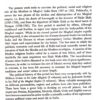
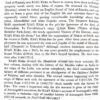
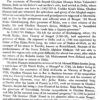

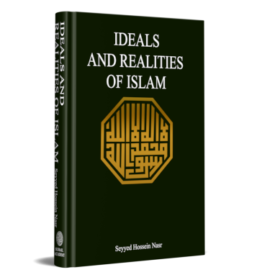
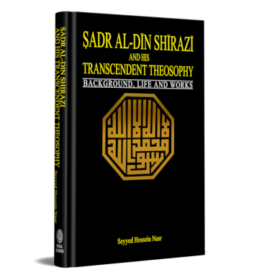
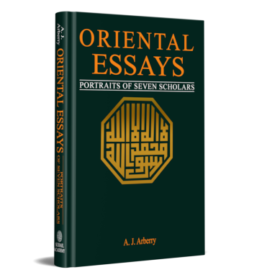
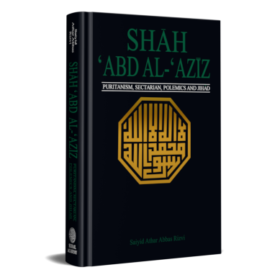
Reviews
Customer reviews
There are no reviews yet.